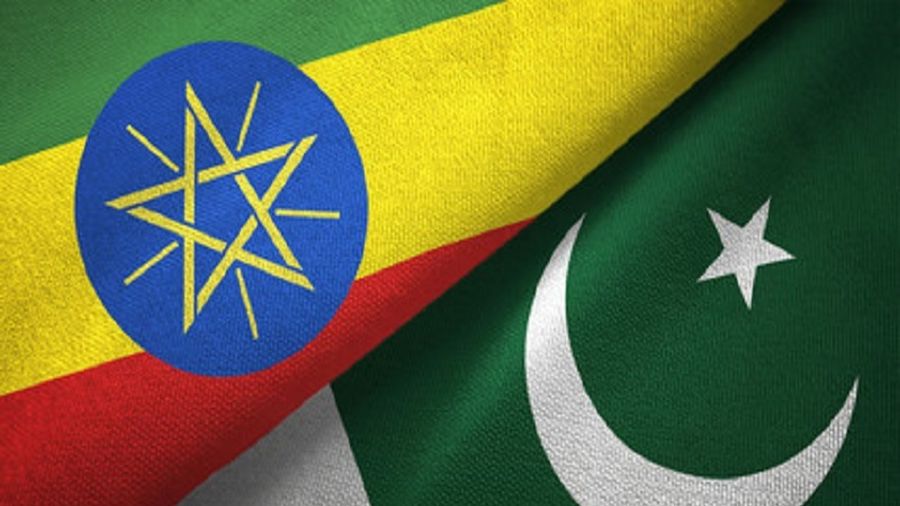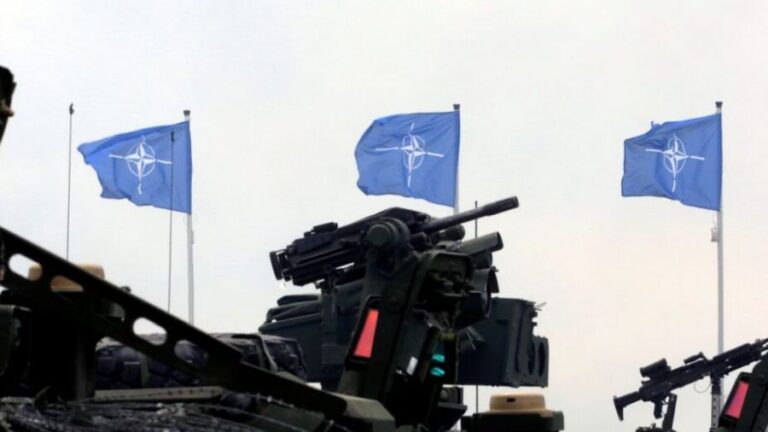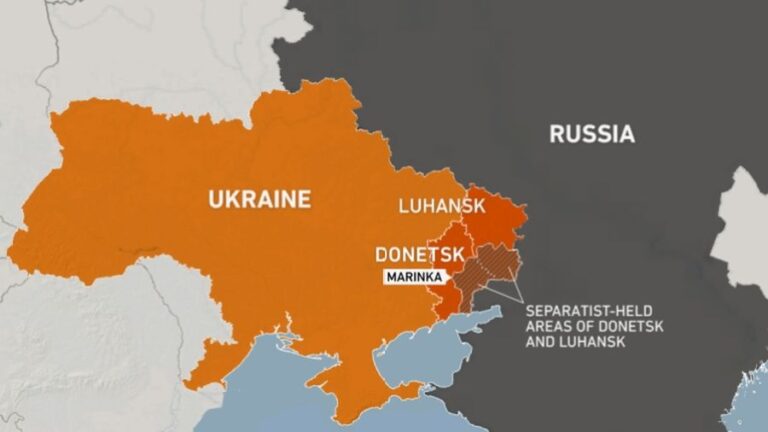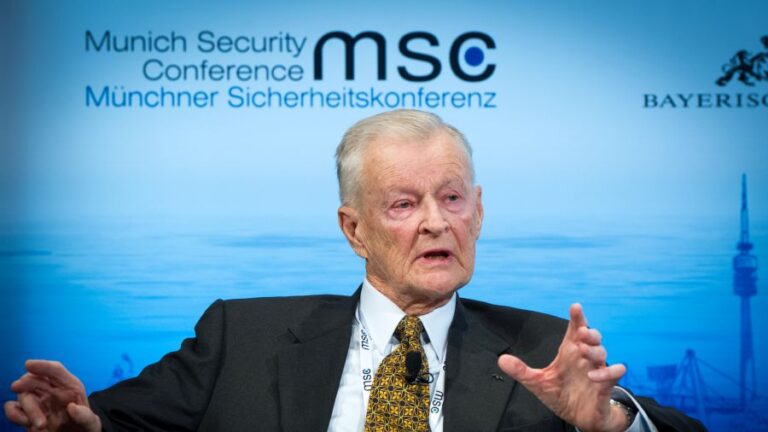The Merging of the Ethiopian & Pakistani Activist Movements Could Change the Global South
This organic development would be mutually beneficial and represent a game-changer for the Global South’s activist movements. By sharing experiences, educating one another, and pooling their protest potential, they could change the world.
The Global South knows better than any place on earth what it’s like to be subjugated under the US’ hegemony after suffering from such for decades. The so-called “beacon of democracy” has supported a multitude of anti-democratic developments in this part of the world ever since the end of World War II, ranging from increasingly creative coups to conventional and even Hybrid Wars, not to mention the waging of economic and information warfare. That’s why activists from the Global South have always been at the forefront of anti-imperialist movements, which are once again experiencing a revival across the world in light of two recent events.
The US-led West’s TPLF-driven Hybrid War of Terror on Ethiopia that was launched in November 2020 as punishment for Prime Minister Abiy Ahmed’s independent foreign policy prompted people from that diverse civilization-state and their diaspora to come together in launching the #NoMore movement. This has taken the form of anti-imperialist rallies across the world that have served to advance the extremely active online awareness campaign that aims to inform everyone about the nature of modern-day neo-imperialism. The movement is completely inclusive since anyone who’s interested in this issue can participate in it, especially those in the Global South who have first-hand experience with this.
In recent weeks, another huge anti-imperialist movement has sprung up among a different major Global South country’s people and diaspora. It doesn’t yet have an agreed-upon name but its latest hashtag is #MarchAgainstImportedGovt and was inspired by former Pakistani Prime Minister Imran Khan’s claims that his recent ouster was the result of a US-orchestrated regime change to punish him for his independent foreign policy, especially its Russian dimension. His opponents insist that the ultimately successful no-confidence motion against him was constitutional and therefore purely legal, but millions of Pakistanis disagree and have since participated in some of the largest rallies in their country’s history.
These two anti-imperialist movements are led by some of the most well-informed and passionate people in the Global South, Ethiopians and Pakistanis, who also have large diaspora communities across the West. They’re on the verge of merging too after Hermela Aregawi, one of #NoMore’s founders, retweeted former Prime Minister Khan’s praise of his movement’s social media activists on Sunday to propose that they unite due to their similar struggles. This organic development would be mutually beneficial and represent a game-changer for the Global South’s activist movements. By sharing experiences, educating one another, and pooling their protest potential, they could change the world.
This optimistic prediction is predicated on the fact that both movements have already had a major impact on shaping the global discourse about their countries’ respective relationships to the US. Ethiopia, just like Pakistan, had been taken advantage of by America as its so-called “regional enforcer” only to be ruthlessly discarded and arguably even betrayed after it did everything that its foreign patron wanted in their part of the world. Washington has zero tolerance for them flexing their strategic autonomy as proven by the Hybrid War of Terror that it launched against Prime Minister Abiy and its speculative role in overthrowing former Prime Minister Khan after they both attempted to do just that.
Whereas Ethiopia successfully thwarted this attack against its state sovereignty, albeit after suffering enormous costs, Pakistan wasn’t so lucky since its former premier was ultimately ousted. He hasn’t, however, given up on trying to return to office through his popular demand for immediate, free, and fair elections. Both developments, the undeniable role that the US played in pressuring Ethiopia throughout the course of its Hybrid War and the speculative role that it played in Pakistan’s recent change of government, served to inspire both countries’ people at home and abroad to protest against American meddling. The US itself was thus responsible for inspiring these Global South activist movements.
Up until this point, the only truly global activist movement anywhere in the world in recent decades was the Palestinian one, but it’s divided by a lot of internal bickering and has mostly fizzled out over the years. It also focuses exclusively on one particularly sensitive issue. While #MarchAgainstImportedGovt also admittedly concentrates solely on recent events in Pakistan, it has the potential to expand into something much broader and more ambitious due to the commonality of interests that it shares with the #NoMore movement exactly as Ms. Aregawi noted. Their struggles are truly similar, they’re saying many of the same things, and there’s thus no reason for their movements not to unite.
Ethiopians and Pakistanis can do so much more if they work together in pursuit of their common cause of defending their countries from neo-imperialism. They’re also very populous countries with large diaspora communities in the West so they could have a serious impact on shaping discourse in that second-mentioned part of the world if their diasporas share experiences, educate one another more about their people’s particular relationship to American hegemony throughout the decades, and cooperate in organizing even larger rallies to generate even more media attention to their cause. The entire global activist movement would be revolutionized if this happens.
Ethiopians and Pakistanis aren’t the only people who’ve recently suffered from American hegemony, but they represent some of the most populous countries in the world and are located in Afro-Asia where the complex processes associated with the ongoing global systemic transition to multipolarity are rapidly unfolding. By coming together, they can form a bridge that could function as the stepping stone for further uniting their two continents’ people in the 21st century, especially through the sphere of online activism that makes it so easy for everyone to network with one another nowadays. Their example could inspire others across Afro-Asia to join their truly global anti-imperialist movement.
The US would have nobody to blame but itself if this happens since it was its Hybrid War aggression against Ethiopia and speculative “lawfare” intrigue against Pakistan that drove those two people to independently create their own anti-imperialist movements that are now on the verge of organically uniting due to their common anti-imperialist causes. By sharing experiences, educating one another, and pooling their protest potential, they can raise their members’ awareness about the nature of modern-day neo-imperialism across the Global South, expand their movement into similarly victimized societies, and ensure that their causes receive more attention than ever once they launch larger protests.
As someone who’s closely studied both societies and their states’ relations with America, the author is certain that this development would be mutually beneficial and game-changing. There’s no cost connected to uniting since everyone from these two movements would benefit by networking with their counterparts. They’d learn more about their shared interests in anti-imperialism, multipolarity, and organizing the most effective protests. Furthermore, they’d also have the chance to position their countries as leaders of this new Global South activist movement. Hopefully Ethiopian and Pakistani activists will heed Ms. Aregawi’s visionary call to unite and work on changing the world for the better.







